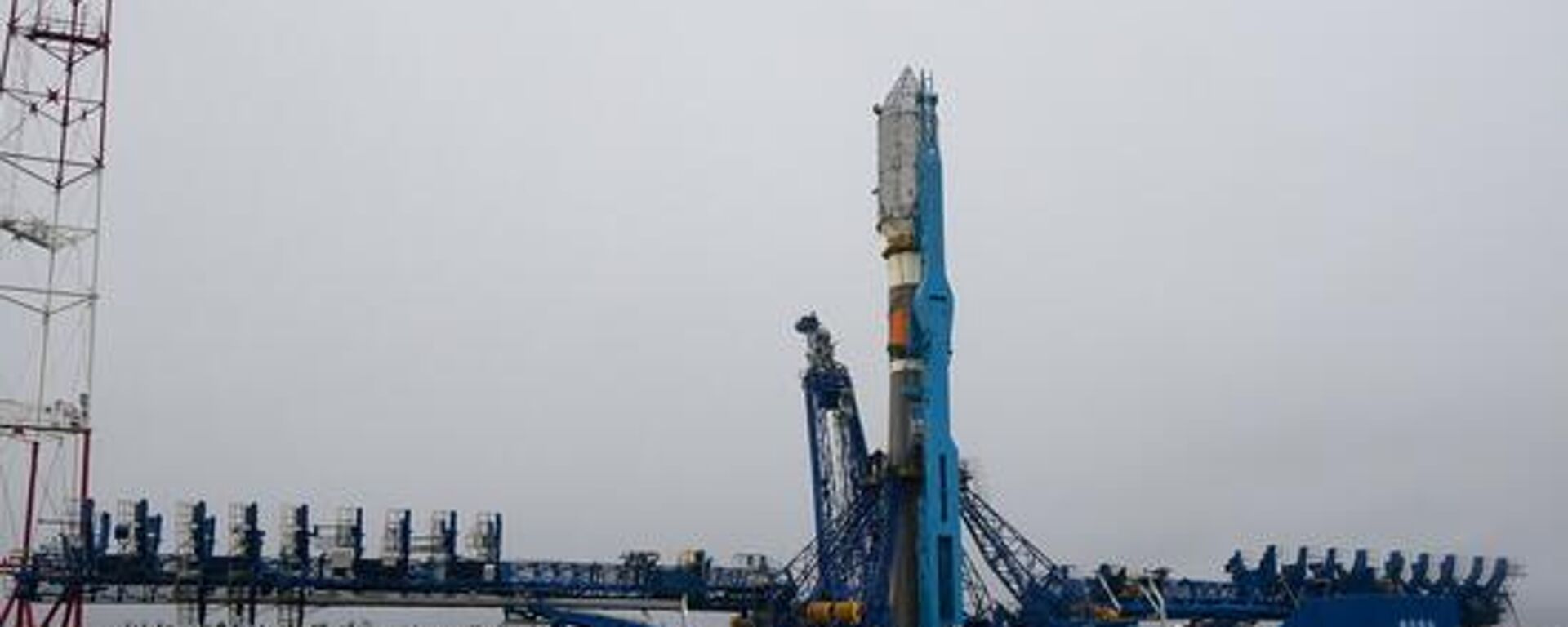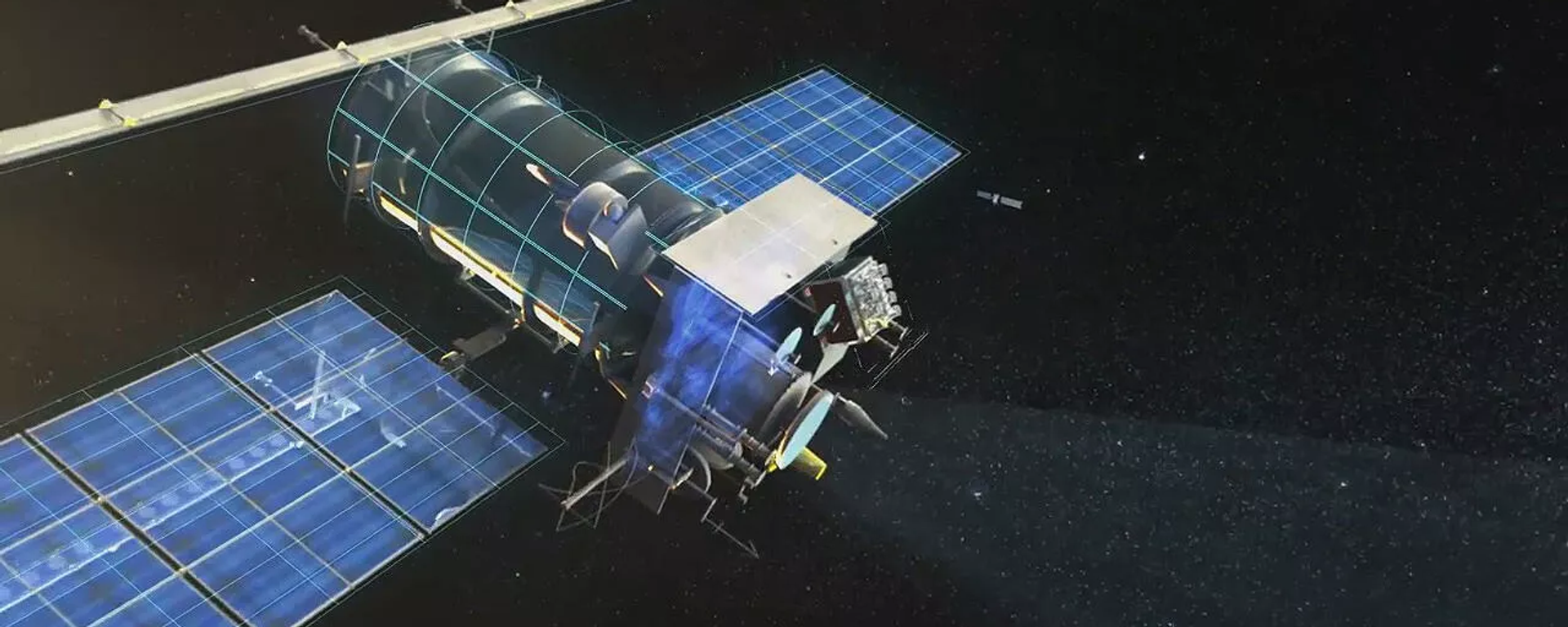New Orbital Station to Give Russia Strategic and Economic Advantages
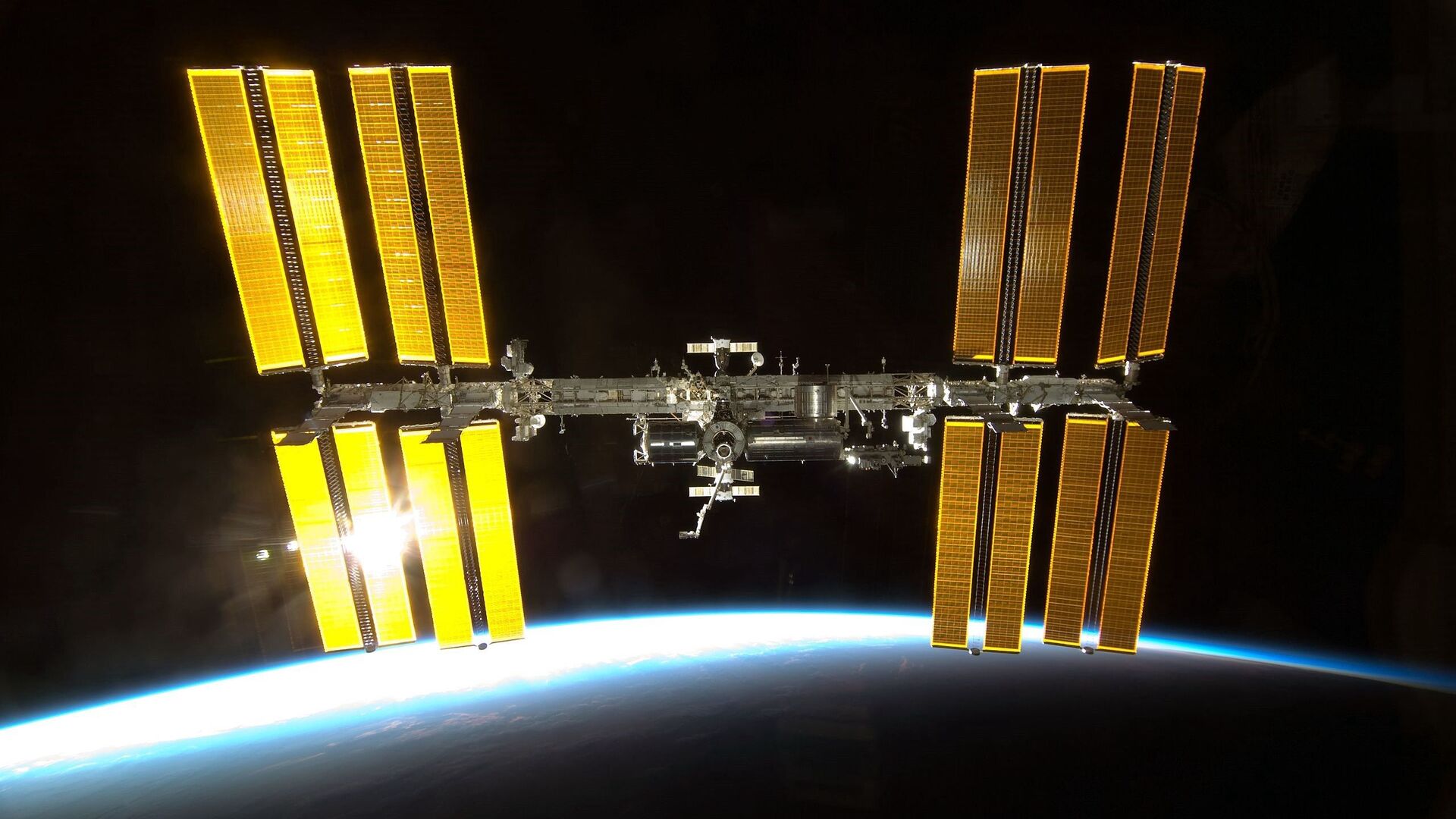
CC0 / /
Subscribe
Russian President Vladimir Putin has instructed the government to begin the creation of the Russian Orbital Station (ROS). The first segment of the nation's new station is scheduled to be put in orbit by 2027.
Russian President Vladimir Putin has greenlit the project, with funding being allocated for its development, Director General of Roscosmos Yuri Borisov told the press on Friday. The preliminary design of Russia's new orbital station carried out by the S.P. Korolev Rocket and Space Corporation Energia has reportedly already undergone a formal examination.
On Thursday, Putin held a meeting at Energia's headquarters in Korolev, the cradle of the Soviet and Russian space industry. The Russian president emphasized that Russia's new orbital station must ensure the security and economic interests of the country.
"Our orbital station […] is intended to become an outpost of Russia for the study and conquest of the universe, and, of course, it should, […] maximally ensure our interests in the field of security, and in the economic sphere," Putin said during a meeting with space industry leaders.
Russia is planning to leave the International Space Station (ISS) – whose construction began in 1998 – by 2028, which means the ROS' first segment should be put into orbit by at least 2027, according to the president.
"What advantages does the Russian orbital station provide? Well, first of all, this is a different orbit. What does a different orbit mean? This is an almost polar orbit. Or, to put it in generally accepted terms, this is a Sun-synchronous orbit," Nathan Eismont, a leading researcher at the Space Research Institute of the Russian Academy of Sciences, who took part in the president's meeting in Korolev, told Sputnik.
"This represents very great advantages, first of all, for those studies and those tasks that simply concern the surface of the Earth. And these are largely national economic tasks, first and foremost. That is, they are solved from this orbit much, much better. Why? Because in this case, we see the whole Earth. The ISS doesn't see the whole Earth. And probably not everyone knows about this," the researcher continued.
Per Eismont, the ROS will allow Russia to monitor the Polar Regions, which have recently taken on a new significance in terms of strategic importance and natural resources. The ROS will provide Moscow with operational information that will allow it to understand how much further Russia can move in expanding its activities in the Antarctic region, explained the researcher. Operations on the shelf of the Arctic Ocean are also on the agenda, he added.
"Here we have the ability to solve those problems that the ISS cannot solve," Eismont noted. "The circumpolar regions are simply not visible from satellite orbit or from the ISS orbit. But here it is possible."
"If we talk about other tasks, let’s move a little from the north to our latitudes, since this orbit, as I already said, is Sun-synchronous, it is, well, of special interest for the national economy. If we are interested in, say, harvest forecasts or even some kind of operations to get these harvests, […] here we have a much more convenient orbit [for monitoring]," he continued.
Eismont projected that other countries, which are now expanding activities in the field of polar research, would be interested in collaboration with Russia. "Therefore, there will, of course, be orders, orders for observations, changes, experiments related to these areas of the Earth," he suggested.
"I have the impression that what was planned is now being moved to earlier dates. That is, of course, it was very nice to hear," he stressed.
Still, the key task of the ROS is the continuation of Russia's human spaceflight program, because the ISS will be deorbited soon, as per Ivan Moiseev, the head of the Russian Institute of Space Policy.
"To maintain participation in manned space exploration, Russia needs its own station," Moiseev told Sputnik.
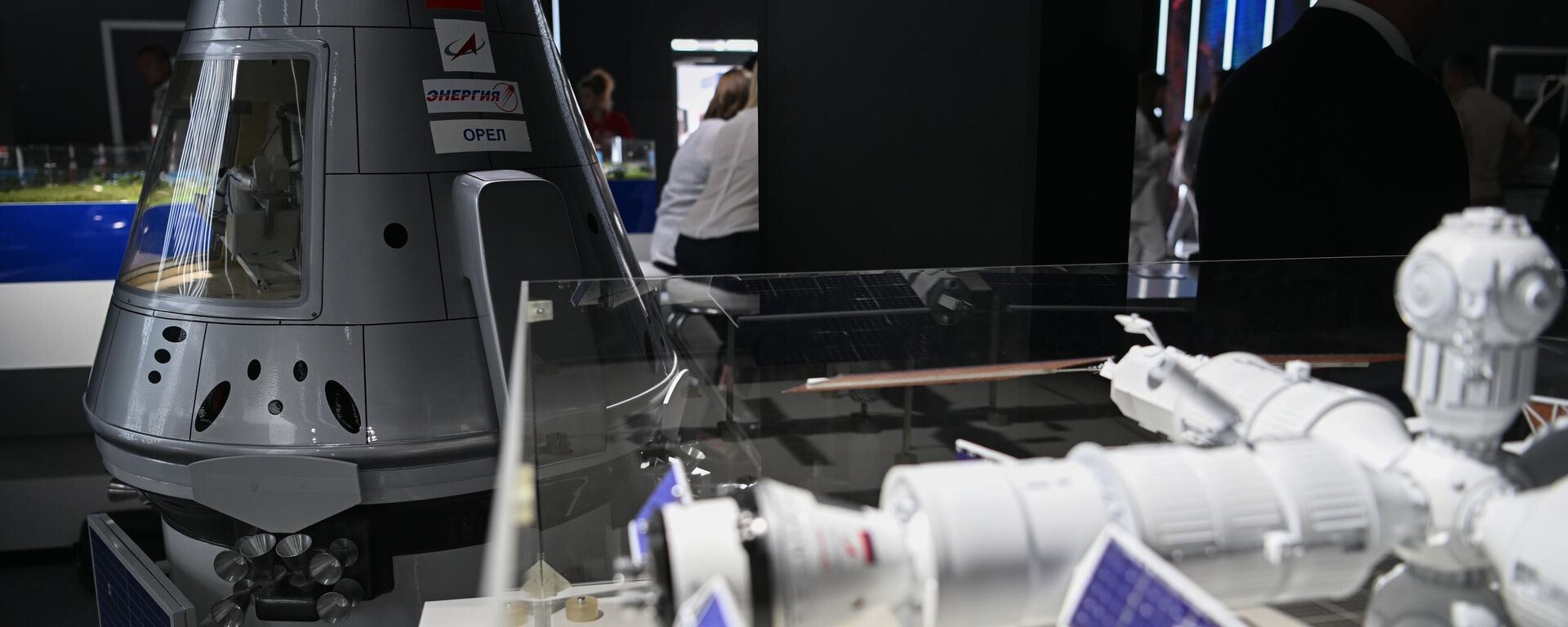
27 October 2023, 12:39 GMT
Russia Needs New Partners in Space Exploration
At the meeting in Korolev, President Putin instructed space specialists to prepare a national project for the development of the industry.
Moiseev, who also participated in Putin's briefing with the space industry leadership, noted that the program will be developed in a six-month timeframe. While Russia has a framework for state policy in the field of space activities until 2030, a lot of changes have happened recently, requiring a set of adjustments.
"Nothing radical will happen. The most serious ones, of course, are the issues of import substitution and the issue of the Russian Orbital Station. These are the key issues. Well, the private business issue was even above all these," Moiseev said.
Russia has the ability and necessary expertise to develop and expand its space program autonomously, akin to the USSR, explained the head of the Russian Institute of Space Policy. Still, if the endeavor is developed jointly with other state and non-state participants, it could move quicker and be more efficient, per Moiseev. He named North Korea and Iran as Russia's potential partners, adding that China and India are likely to develop their projects separately.
Earlier, in September, Russian President Putin met Democratic People's Republic of Korea (DPRK) Chairman Kim Jong-un at the Vostochny Cosmodrome – a spaceport in the Amur region of the Russian Far East during Kim's state visit to Russia. The Russian president hinted at the time that Moscow and Pyongyang share interest in cooperating in the space field.
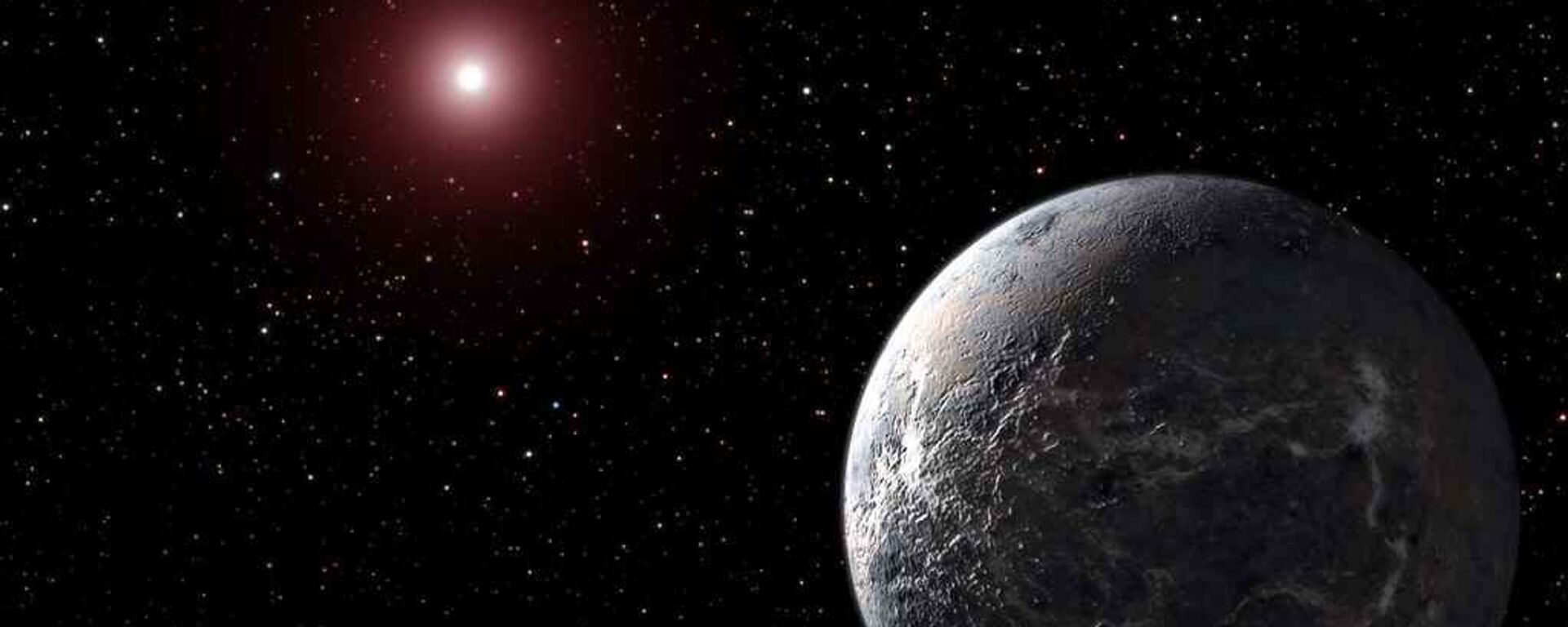
17 October 2023, 15:27 GMT
Moiseev also emphasized the need to engage private businesses in Russia's space programs. The government could attract private capital by providing tax incentives and reducing regulation, according to Moiseev.
Furthermore, Moiseev and Eismont agree that Russia needs to develop its own domestic market for space services.
"There must be a market for these services in the space industry," Eismont said. "This market exists, yes, of course. You might be a little surprised who is in this market. That is, whom these services of the Russian space industry are sold to. They are sold abroad. But somehow our own market has not been formed yet, but it is being formed before our eyes right now."
The ongoing geopolitical changes have accelerated the processes of Russia's reindustrialization and sovereign development, according to Sputnik's interlocutors. Vladimir Putin's statements made at the meeting in Korolev suggest that the space industry may soon make a new leap.
"This decision, in a nutshell, allows us to expect that the space industry will receive sufficient support to accelerate its movement forward," Eismont concluded.

